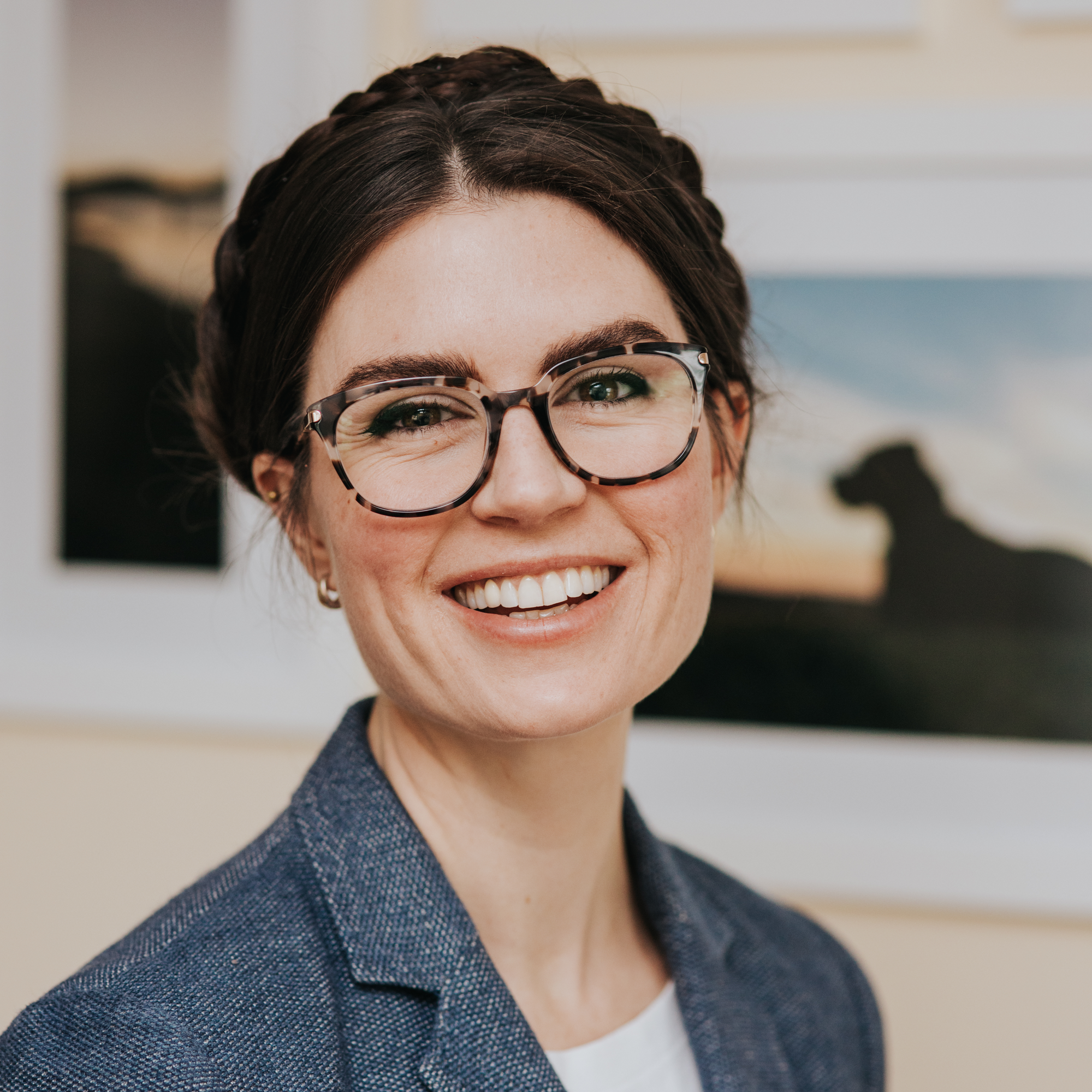- February 28, 2022
- City Administration
According to Augusta Gudeman, Recovery and Equity in Contracting Officer for the city of Long Beach, “cities spend a significant portion of their budgets on contracted goods and services – because of this, better procurement benefits everyone but it’s often viewed as a bureaucratic barrier rather than an opportunity for improving programs and services.” Most cities are still operating on the usual, difficult process of procurement — a typically confusing and unwelcoming process, and one that the city of Long Beach, California wanted to improve. In 2017 city leadership and council focused on economic inclusion and identified procurement as a “pain point” that challenges inclusive contracting, which also made it a prime opportunity for improvement. Currently continuing and iterating this work, Long Beach is charting a course for other cities to follow.
While many cities are starting to rethink their procurement processes in light of the pandemic, increased federal funding, and renewed commitments to racial justice, Long Beach has been doing this work for several years. Over this time, Long Beach has developed a new economic inclusion plan, the 2020 framework for Racial Equity and Reconciliation, and the Long Beach Recovery Act, which all specifically call out procurement improvements. Thanks to champions in city hall, the city council, and in the Department of Financial Management, everything from the day-to-day processes to policy is being examined and improved.
One aspect of the work that started back in 2017 was the partnership between Long Beach and What Works Cities, who connected the city with the Harvard Kennedy School Government Performance Lab (GPL). With this connection Long Beach was able to take their work to the next level, engaging with GPL to undertake an “Extreme Procurement Makeover.” This project aimed to make procurement more efficient, results-driven, equitable, and sustainable, with a dedicated Fellow, Rebecca Graffy, driving the work forward. Gudeman described Graffy and the GPL support as “the biggest catalyst” in this work, taking it from the “slow and small piecemeal” changes that were made over the last five years to the current holistic view of procurement improvements.
Setting Measurable Goals
Taking this step gave the team the opportunity to formalize eight core values that have been narrowed into defined goals in the Long Beach Procurement Plan. For example, “results-driven, competitive, fair, equitable, and transparent,” are some of the values that guide the corresponding goals. As shown in the graphic below, each goal has a measurable “core indicator” that tracks if the city is on track with hitting their procurement objectives.

Engaging With Stakeholders
When Graffy started working with Long Beach, she found that they already had a “strong vision for procurement excellence.” Of course, the COVID-19 pandemic stalled some of this headway, but the team moved ahead with stakeholder engagement both inside and outside city hall. Under the leadership of the City’s Purchasing Agent Michelle Wilson, and Business Services Bureau Manager Tara Mortensen, Graffy and Gudeman worked with the city’s Purchasing Division to create a Model Procurement Plan and make the procurement process more user friendly for the internal departments. City employees helped inform the redesign of procurement forms and request for proposal (RFP) templates, plus requested forecasting exercises to help predict when, where, and how they would need to (better) engage with vendors. Finally, since procurement in Long Beach is decentralized, Graffy and team created Procurement University to train City employees, which has so far educated over 130 employees and garnered extensive positive feedback. As a result of all of this work, average time to issue and award RFPs has decreased from 8 months to 3.5 months.
Another important external stakeholder group are the local community-based organizations (CBOs). At the end of 2021 the City brought on another GPL Fellow, Laura Merryfield, to expand the focus on inclusive procurement, assisting with vendor surveys to collect feedback and ensure that vendors aren’t encountering unintended barriers. Especially with the influx of federal funding, Long Beach is using this as an opportunity to change how they think about procurement, accessibility, and equity as they take on the new role of grantor. For Gudeman it’s especially important that “those voices are elevated in the conversations, because it helps keep the staff thinking in this community mindset.”
Prioritizing Accessibility and Innovation
As Long Beach moves even further into procurement improvements, “accessibility is the primary concept driving how we’re thinking about everything we’re doing” said Gudeman. The team is exploring language access, which is extremely important in Long Beach as Spanish, Khmer, and Tagalog are commonly spoken in the city. But beyond even the actual language, Gudeman wants to make sure the tone of all official procurement documents is welcoming and inclusive,written and easy to read in common parlance. They are also working on how and when they ask for information, to prevent redundant requests. The team is also working to digitize all resources for vendors, as the procurement process is online, but the vendor support materials aren’t currently available digitally.
Additionally, Long Beach’s Smart Cities Program Manager Ryan Kurtzman is overseeing a brand-new innovation procurement program called Pitch Long Beach!, which invites vendors to propose pilot programs to explore new and emerging tech in the city. In this way residents can benefit from emerging technology without the city locking into a full commitment, plus it’s improving the procurement workflow for tech projects. The city isn’t asking vendors to respond to an RFP or challenge; rather, they can approach Long Beach with new ideas in a way that aligns with core procurement values and benefits residents.
“Making procurement better makes services better,” said Graffy. For cities that aren’t as far along in rethinking procurement as Long Beach is, understanding this connection can go a long way toward garnering political interest and will in the work. “We’re very excited and proud to move our focus externally and think of procurement as more than an internal service, but also an economic development tool,” said Gudeman. Especially as cities across the U.S. have the ability to distribute new federal funding, the future is full of opportunity — a future that Long Beach is more than prepared to steer.





